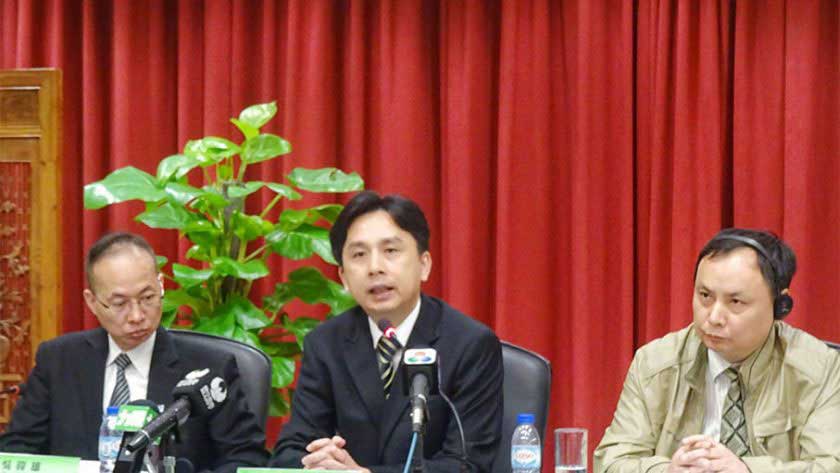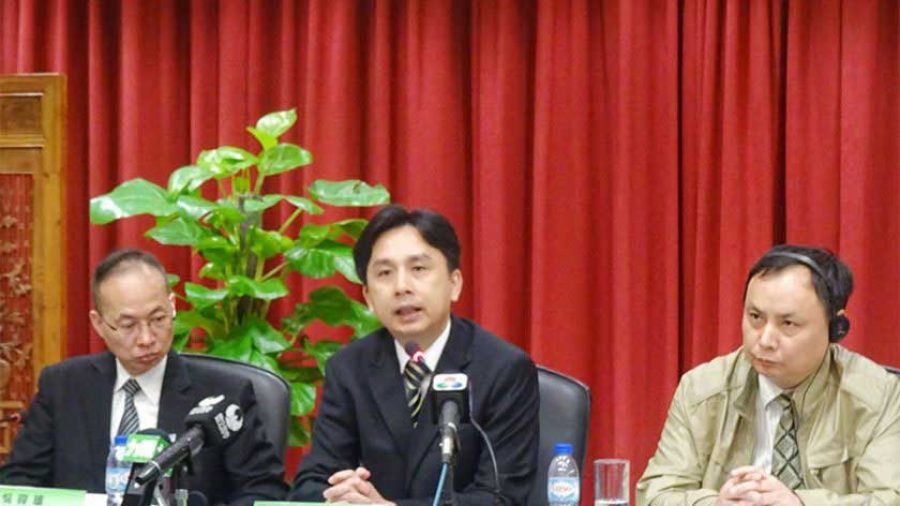The government plans to launch a public consultation on possible amendments to a by-law on vocational education by the end of the year, Wong Kin Mou, who heads the Research and Educational Resources Department of the Education and Youth Affairs Bureau (DSEJ), said on Wednesday.
Wong made the remarks during a press conference about a regular meeting of the Non-Tertiary Education Committee. The closed-door meeting was held at the bureau.
The meeting discussed, among other things, a research report on vocational education in Macau. The bureau commissioned the Shanghai Academy of Educational Sciences to carry out the study.
Addressing the press conference, Ng Vai Hong, who heads the bureaus Secondary and Vocational Education, said that Macau had 1,360 vocational education pupils last year, down from some 1,400 and 1,600 pupils in 2014 and 2013 respectively.
According to Ng, there are currently nine or 10 schools running vocational courses.
Also attending the press conference, Chen Song, a researcher in charge of the study from the Shanghai Academy of Educational Sciences, said a host of issues were affecting vocational education in Macau, including vocational schools failing to attract enough pupils and poor co-operation between such schools and the business sector.
Chen said the report therefore suggested that the quality of vocational courses needed to be enhanced and co-operation between the schools and the business sector should be strengthened.
Pledging that the bureau will “seriously” consider the suggestions, Ng said the possible amendments to the by-law would address the issues the research report has identified.
He added that the still under-construction vocational education centre in Seac Pai Van in Coloane, which is slated to be completed in a year or two’s time, would provide more opportunities for pupils to put unto practice what they have learnt.
Echoing Ng’s remarks, Wong said that the current vocational education regulation hardly mentions the role the business sector should play, adding that the amendment would address the issue.
Vocational courses cover business studies, creative design, tailoring, physical education, Chinese-Portuguese translation and elderly care, said Ng, adding the courses were able to meet demand from civil society and the business sector.
Ng also said the reasons local pupils find vocational courses unattractive were that most parents appeared to believe that vocational education would lower their children’s employability and chances to be admitted to university.
Ng also said his bureau had been encouraging more secondary schools to run vocational courses in recent years by providing them with subsidies.
(Macau News / The Macau Post Daily)






